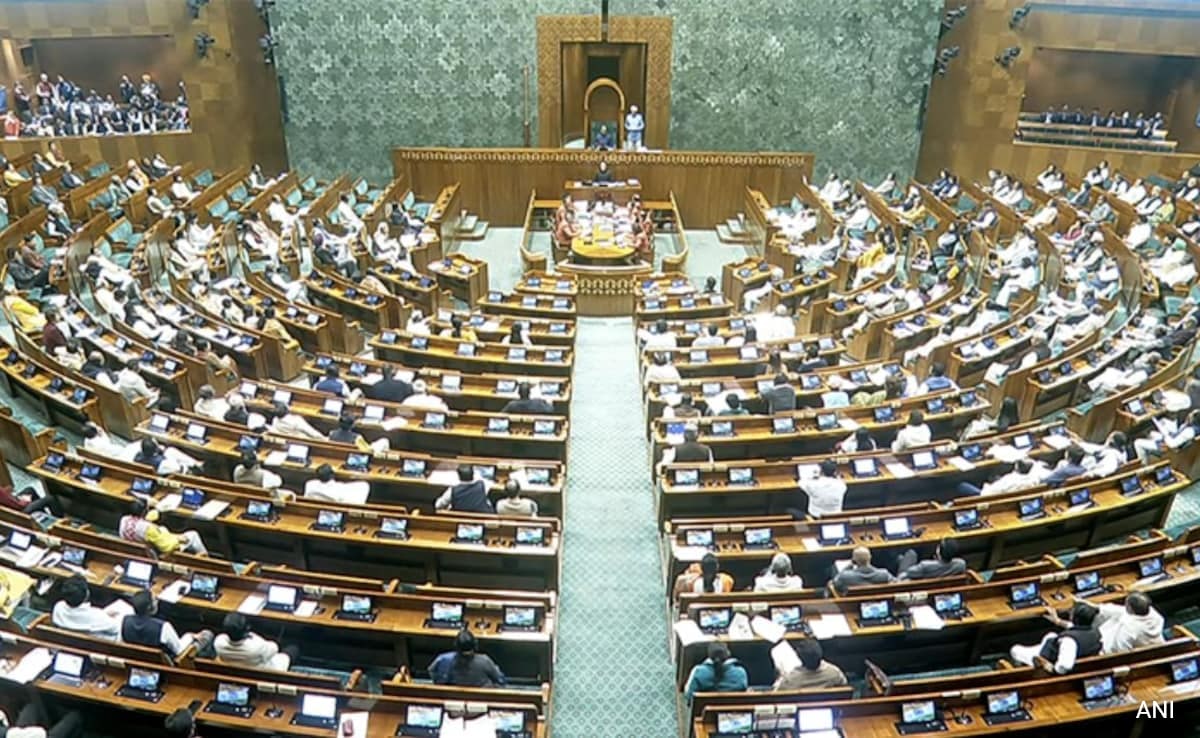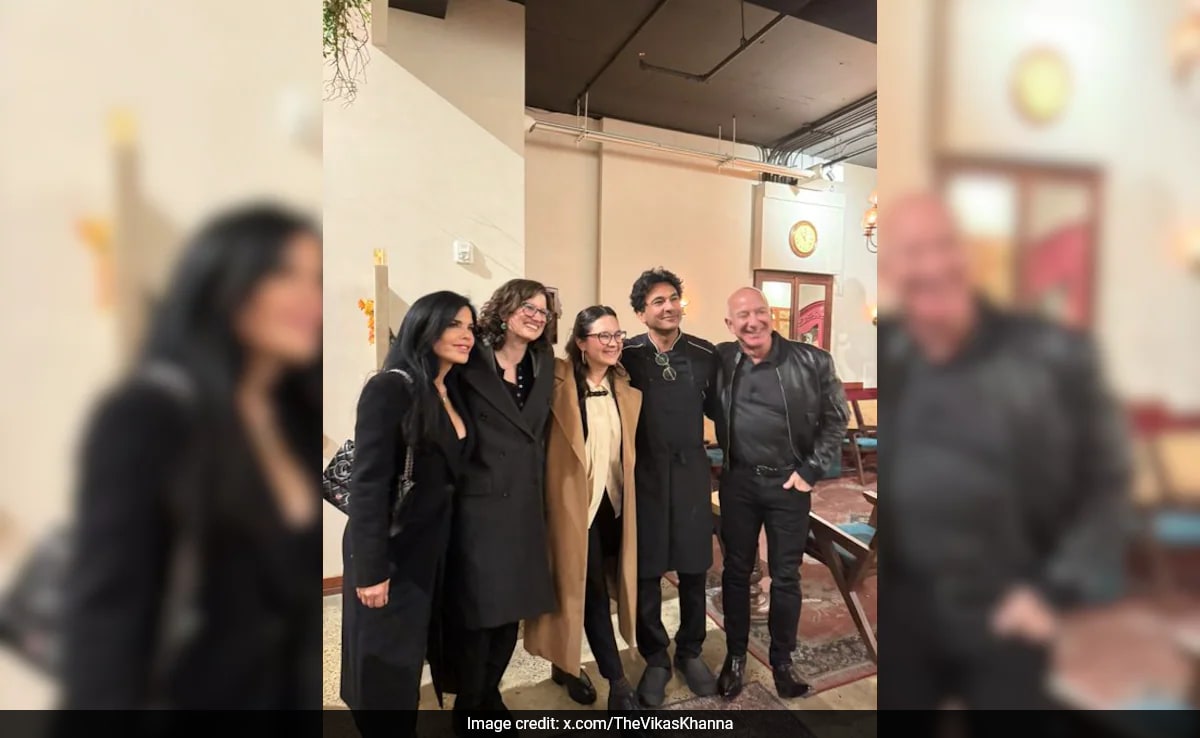Thousands of jubilant people rallied in cities across Syria, including at a landmark mosque in the capital Damascus, to celebrate during the first Friday prayers since the ouster of president Bashar al-Assad.
More than half a century of brutal rule by the Assad clan came to a sudden end on Sunday, after a lightning rebel offensive swept across the country and took the capital.
Assad fled Syria, closing an era in which suspected dissidents were jailed or killed, and capping nearly 14 years of war that killed more than 500,000 people and displaced millions.
Abu Mohammed al-Jolani, head of the Islamist group Hayat Tahrir al-Sham (HTS) which spearheaded the offensive, called on Syrians “to go to the streets to express their joy” on Friday to mark “the victory of the blessed revolution”.
During the early days of Syria’s uprising in 2011, pro-democracy protesters used to give their Friday gatherings a different name every week. The latest rally was called the “Friday of victory”.
Interim prime minister Mohammed al-Bashir addressed a large congregation at Damascus’s landmark Umayyad Mosque.
Thousands flocked to the mosque, some raising the three-star Syrian independence flag which none dared wave in the capital during Assad’s iron-fisted rule.
Exhilarated crowds chanted “the Syrian people is one!”
“I still feel like I’m dreaming,” said 52-year-old Khalil Rimo.
“I still can’t believe that I’m standing next to the Umayyad Mosque… and there are no government thugs” asking for ID, Rimo said.
“We are gathering because we’re happy Syria has been freed, we’re happy to have been liberated from the prison in which we lived,” said Nour Thi al-Ghina, 38.
– ‘Constructive’ signals –
Thousands of people also gathered in the squares and streets in other Syrian cities, including Homs, Hama and Idlib.
There was a festive and relaxed atmosphere as hundreds rallied in the main square of Syria’s second city Aleppo, a scene of fierce fighting during the country’s civil war, AFP correspondents reported.
A huge billboard depicting Assad and his father Hafez was set on fire.
“The Assad father and son oppressed us, but we have liberated our country from injustice,” a white-bearded policeman at the scene said.
In the southern city of Sweida, the heartland of Syria’s Druze minority where anti-government demonstrations have been held for more than a year, hundreds took to the streets, singing and clapping in jubilation.
“Our joy is indescribable,” said Haitham Hudeifa, 54. “Every province is celebrating this great victory.”
Sunni Muslim HTS is rooted in Syria’s branch of Al-Qaeda and designated a terrorist organisation by many Western governments, who now face the challenge of how to approach the country’s new leadership.
The group has sought to moderate its rhetoric, and the interim government insists the rights of all Syrians will be protected — as will the rule of law.
The United Nations refugee agency said on Friday that the new government had sent “constructive” initial signals, including asking the organisation to stay in the country.
Leaders of the Group of Seven (G7) countries, who were due to meet virtually on Friday, said they were ready to support the transition to an “inclusive and non-sectarian” government in Syria.
They called for the protection of human rights, including those of women and minorities, while emphasising “the importance of holding the Assad regime accountable for its crimes”.












